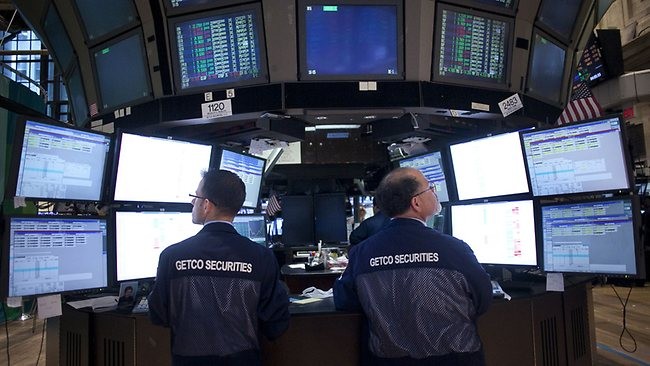Risk and Reward Continuum Financial Planners Brisbane Noosa Warwick
Post on: 20 Август, 2015 No Comment

Risk and Reward
What does risk mean?
Risk, in its simplest sense, is the possibility that things do not turn out the way you expect. To investors it has many different meanings. For some, it means the risk of losing capital, others see it as the risk of not getting the best returns on their money. For retirees it may be the risk of not producing enough income to live on or running out of money. When things do not turn out the way (we) expect the outcome can be either more, or less, favourable than expected.
Risk is both a positive and a negative for investors, to some extent depending on which side of the trade they sit. There can be dangers in avoiding risk: and in not assuming enough risk in your portfolio. By increasing risk, you have the potential to increase investment returns over the long-term, but the price you pay will be increased volatility.
What is investment risk?
Investment risk is primarily of three types 1 :
- Market Risk – the possibility that all investments in a market sector, such as shares, will be affected by some event.
- Specific Risk – the possibility that a particular investment may under perform the market or its competitors.
- Timing Risk – the possibility that you enter the market at a bad time, for example, just before share prices fall.
The good news is that these risks can be managed:
- Market risk may be minimised by having a spread of investments across different types of assets (portfolio diversification );
- Specific risk will be minimised by detailed research to identify quality investments, monitoring their performance and regularly reviewing their place in your portfolio; and
- Timing risk can be managed by not investing all of your funds into the market at the one time, including using dollar cost averaging .
How can I cope with risk?
The most important means of coping with investment risk is establishing your investor risk profile before your portfolio is acquired. Risk means different things to different people: you need to understand the risks that you may be exposed to and how they will impact on your personal situation.
Your first priority must be to have enough cash flow to maintain your standard of living. If you are still working you may be prepared to be more aggressive in your selection of investments. In contrast, if you are retired and depend on income from your investments, you may need to be more conservative, particularly when selecting income-producing investments.
Regular reviews are critical to the process of controlling risk, because it requires you to make an ongoing assessment of your individual investments, asset allocation and investment needs. Failure to review a portfolio on a regular basis significantly increases the risk of it not meeting your risk and reward objectives .
What is volatility?
Volatility is simply a measure of how much variation you can expect in returns from a particular investment. For example, Australian shares might average, say, 12 per cent per annum return over a 10-year period. However, during that time, returns might range from plus 50 per cent in the best year to minus 20 per cent in the worst year. This is valuation volatility.
In contrast, cash might average 6 per cent per annum but the variation between best and worst years will be much smaller than for Australian shares. This is earnings volatility.
If you are a long-term investor, volatility should not be a significant concern. However, there are many people who invest for the long-term but still worry about short term fluctuations in their portfolio. If volatility does worry you, it is appropriate to put together a portfolio which is likely to produce lower returns but will let you sleep peacefully at night.
What to do now!
The real value of an experienced financial adviser can be found in the evaluating of all of the elements: knowing your timeframe, your existing asset and cashflow position, your asset preferences, your investor risk profile, available investment products and peripheral lifestyle considerations specific to your situation; and bringing together those elements to provide personalised, professional wealth management advice.
The experienced advisers at Continuum Financial Planners Pty Ltd undertake these functions with a passion for their work; and in your case we work to the mantra that we listen, we understand; and we have solutions'; and when you engage our services, youll find that we also care about your outcomes! To arrange a meeting with one of our advisers, call 07-34213456, or complete the Contact Us page on our website and be assured of prompt attention.
1 There are other investment risks to consider, but they are subsidiary to these prime areas. For more information about asset class features that put investment assets at some specific risks, see our article Avoid over-diversifying your investment portfolio .
[This article was originally posted in February 2010 and has been refreshed and updated in March 2014.]
2042 Logan Road, Upper Mount Gravatt Brisbane. QLD. 4122 Australia














